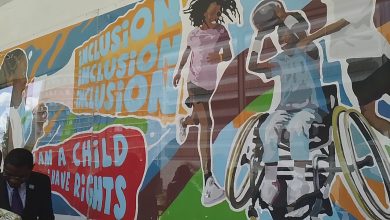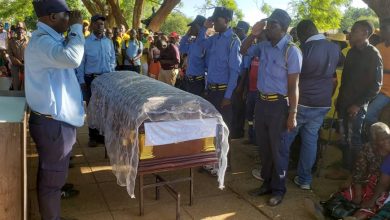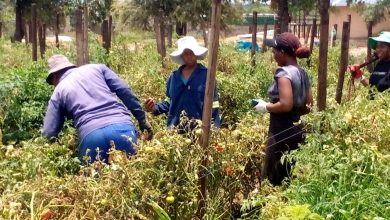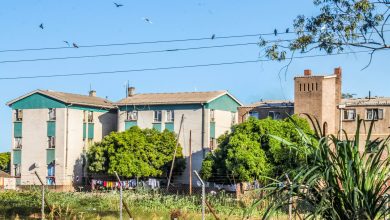For decades, respect for Lesbian, gay, bisexual, transgender, queer and intersex (LGBTQI+) rights has often been treated as a controversial issue by some sections of the Zimbabwean community.
Religious and cultural beliefs play a huge role in limiting diversity and inclusion on issues related to sexual orientation.
With Christianity taking the centre stage, Zimbabwe is a largely closed society, deeply rooted in its cultural and religious beliefs on sexuality and gender identity.
The LGBTQI+ community has, for years, been fighting for recognition of their rights. To be, at least, treated equally to any other human being.
However, they constantly face stigmatization, harassment and victimisation.
Speaking from experience, a representative of the Gays and Lesbians Association of Zimbabwe (GALZ), Sylvester Munyaradzi Nyamatendedza said members of the LGBTQI+ community face a lot of challenges in the country due to religious and cultural beliefs that sidelines members of this community.
“Our members face a lot of segregation in society emanating from religious and cultural beliefs because our Zimbabwean society is rooted in these two things.
“We all need to know that no one chooses to be who they are but we are all born the way we are. So gays and lesbians did not choose to be who they are.
“We are all human beings and we should be treated equally, despite one’s gender whether one is female, male or whatever,” said Nyamatendedza.
Further, Nyamatendedza highlighted some of the struggles that members of the LGBTQI+ community face in the fight for their rights.
“In Zimbabwe, members of our community are not allowed to get married legally and it is there in the constitution, such that some of our members have resorted to just signing social contracts in the presence of a lawyer as some legally binding contractual agreement that they are together as a couple.
“Getting medical treatment in our hospitals and clinics is also another challenge for people in our community,” he added.
However, speaking on the perspective of the church and society, at a workshop for Kwekwe journalists organised by the Voluntary Media Council of Zimbabwe, Bishop Cephas Mafuruse of Pentecostal Assemblies of Zimbabwe (PAOZ) called the media to task in respect of LGBTQ+ community issues.
“Zimbabwe is a closed society and people really need to understand that it is going to take time to accept certain fundamentals.
“We are coming from a closed society and you try to force us to be open within 24 hours and that is not easy. So you (journalists) have the responsibility to educate the nation and yet at the same time you have to be ready for the backlash,” said Bishop Mafuruse.
He also acknowledged the existence of the LGBTQI+ community in Zimbabwe and the circumstances surrounding their treatment in society.
“We all know that from the media fraternity, pastors and even people in higher posts, they are there, (sic) who belong to this community, it is just these things are not talked about openly.
“In Shona they say, ‘Kusataurwa kwezvinhu hazvirevi kut hazviko’ (if things are not talked about openly it doesn’t mean they don’t exist). It is there, it is an elephant in the room.
“We get into a very difficult situation if somebody approaches me as a bishop and asks me to solemnize their marriage. To me and say it is my right you are a marriage officer marry me.
“If you then craft a law against this segregation and that person says marry me and I refuse, then that person can sue me,” said Mafuruse.
Meanwhile, VMCZ trained some journalists from different parts of the country to effectively report on the LGBTQI+ community and other minority groups.




